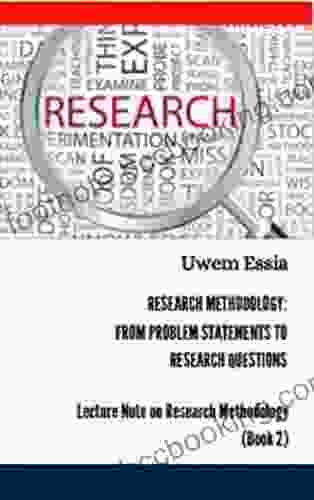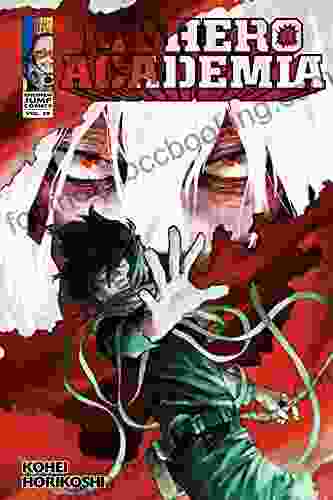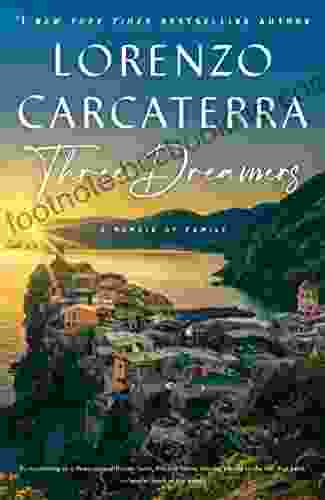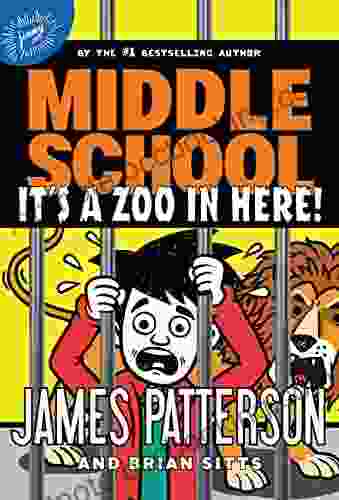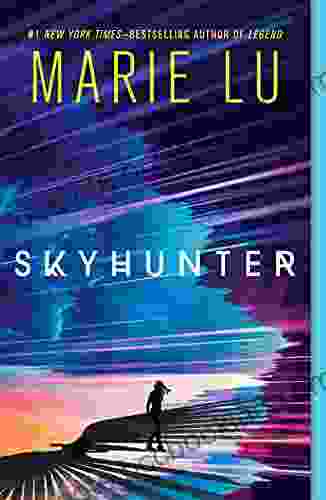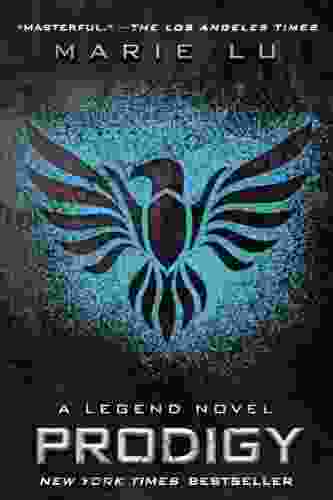Unlocking Research Success: From Problem Statements to Research Questions

Research is a fundamental pillar of academia and beyond, empowering us to delve into complex issues, generate new knowledge, and drive innovation. However, the journey from identifying a compelling research topic to crafting a well-defined research question can be daunting. This lecture note serves as an indispensable guide, providing a structured approach to transform problem statements into research-ready questions.
The first step towards formulating research questions is to clearly identify the problem statements that motivate your inquiry. A well-defined problem statement should:
- Be specific: Narrow down the scope of your inquiry to a manageable and focused area.
- Be objective: Avoid subjective or biased language and focus on observable facts and data.
- Be measurable: Determine how you will evaluate the effectiveness of your research in addressing the problem.
- Be relevant: Ensure that the problem is significant and has real-world implications.
- The decline in student engagement in online learning environments.
- The impact of artificial intelligence on job displacement.
- The lack of affordable housing in urban areas.
Once you have identified a clear problem statement, the next step is to transform it into a concise and focused research question. This involves:
4.8 out of 5
| Language | : | English |
| File size | : | 278 KB |
| Text-to-Speech | : | Enabled |
| Screen Reader | : | Supported |
| Enhanced typesetting | : | Enabled |
| Word Wise | : | Enabled |
| Print length | : | 34 pages |
| Lending | : | Enabled |
- Operationalizing the problem: Breaking down the problem into specific, testable variables.
- Establishing a relationship between variables: Identifying the hypothesized relationship between the variables.
- Formulating a question: Writing a clear and direct question that addresses the hypothesized relationship.
Problem statement: The decline in student engagement in online learning environments.Research question: Is there a significant difference in student engagement between synchronous and asynchronous online learning modalities?
Problem statement: The impact of artificial intelligence on job displacement.Research question: To what extent does the adoption of artificial intelligence lead to job displacement in specific industries?
Problem statement: The lack of affordable housing in urban areas.Research question: What factors contribute to the affordability crisis in urban housing markets?
Research questions can be classified into different types based on their purpose:
- Descriptive: Gather information about a phenomenon or situation (e.g., What is the current state of online learning adoption?).
- Comparative: Compare two or more groups or conditions (e.g., Is there a difference in the effectiveness of two teaching methods?).
- Correlational: Examine the relationship between two or more variables (e.g., Is there a correlation between student engagement and course design?).
- Explanatory: Investigate cause-and-effect relationships (e.g., Does a specific intervention lead to improved student outcomes?).
Effective research questions should:
- Be clear and concise: State the problem and hypothesized relationship in a straightforward manner.
- Be measurable: Allow for the collection and analysis of data.
- Be feasible: Be achievable within the scope of your resources and time constraints.
- Be original: Address a gap in existing research or offer a novel perspective.
- Be ethical: Consider the potential implications and ethical issues associated with the research.
Transforming problem statements into research questions is a critical step in the research process. By following a systematic approach, operationalizing variables, and establishing relationships, you can craft well-defined research questions that guide your inquiry and ultimately lead to meaningful insights. Remember, the quality of your research questions will determine the quality of your research outcomes. Embrace this process as an essential step towards unlocking research success.
4.8 out of 5
| Language | : | English |
| File size | : | 278 KB |
| Text-to-Speech | : | Enabled |
| Screen Reader | : | Supported |
| Enhanced typesetting | : | Enabled |
| Word Wise | : | Enabled |
| Print length | : | 34 pages |
| Lending | : | Enabled |
Do you want to contribute by writing guest posts on this blog?
Please contact us and send us a resume of previous articles that you have written.
 Book
Book Novel
Novel Page
Page Chapter
Chapter Text
Text Story
Story Genre
Genre Reader
Reader Library
Library Paperback
Paperback E-book
E-book Magazine
Magazine Newspaper
Newspaper Paragraph
Paragraph Sentence
Sentence Bookmark
Bookmark Shelf
Shelf Glossary
Glossary Bibliography
Bibliography Foreword
Foreword Preface
Preface Synopsis
Synopsis Annotation
Annotation Footnote
Footnote Manuscript
Manuscript Scroll
Scroll Codex
Codex Tome
Tome Bestseller
Bestseller Classics
Classics Library card
Library card Narrative
Narrative Biography
Biography Autobiography
Autobiography Memoir
Memoir Reference
Reference Encyclopedia
Encyclopedia Jaycee Lee Dugard
Jaycee Lee Dugard Haytham Al Fiqi
Haytham Al Fiqi Geoffrey Hilsabeck
Geoffrey Hilsabeck Margarita Gokun Silver
Margarita Gokun Silver Daniel Jordano
Daniel Jordano Francine Falk Allen
Francine Falk Allen John Monyjok Maluth
John Monyjok Maluth Will Stovall
Will Stovall Francine Jay
Francine Jay Fred H Crump Jr
Fred H Crump Jr Frank Barnas
Frank Barnas Fran London
Fran London Tsao Lin E Moy L Ac Msom
Tsao Lin E Moy L Ac Msom Frank Schorfheide
Frank Schorfheide Frank Vogl
Frank Vogl Leslie Gray Streeter
Leslie Gray Streeter Fred Mitchell
Fred Mitchell Mark Cooper
Mark Cooper Francis A Schaeffer
Francis A Schaeffer Rachel Schmiedel
Rachel Schmiedel
Light bulbAdvertise smarter! Our strategic ad space ensures maximum exposure. Reserve your spot today!
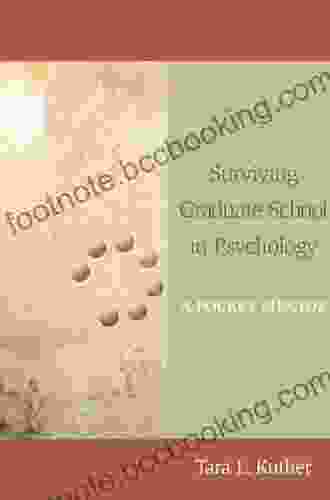
 Samuel WardMastering the Labyrinth of Graduate School: Your Essential Guide to Surviving...
Samuel WardMastering the Labyrinth of Graduate School: Your Essential Guide to Surviving... Boris PasternakFollow ·7.7k
Boris PasternakFollow ·7.7k Terry BellFollow ·7.4k
Terry BellFollow ·7.4k Terence NelsonFollow ·18.8k
Terence NelsonFollow ·18.8k Jean BlairFollow ·6.6k
Jean BlairFollow ·6.6k Brady MitchellFollow ·14.2k
Brady MitchellFollow ·14.2k Zadie SmithFollow ·2.1k
Zadie SmithFollow ·2.1k Shane BlairFollow ·8.3k
Shane BlairFollow ·8.3k Fredrick CoxFollow ·11.4k
Fredrick CoxFollow ·11.4k
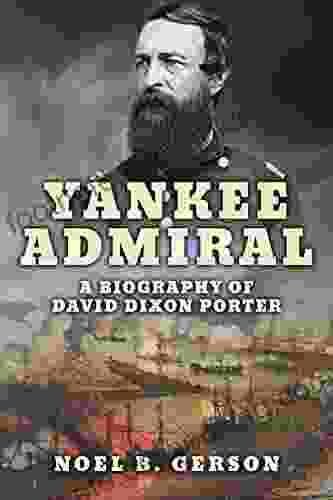
 Howard Blair
Howard BlairHeroes and Villains from American History: The Biography...
David Dixon...
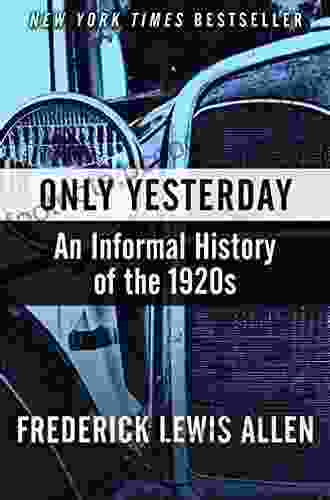
 Felipe Blair
Felipe BlairAn Informal History of the 1920s: Uncovering the Roaring...
The 1920s, an era...
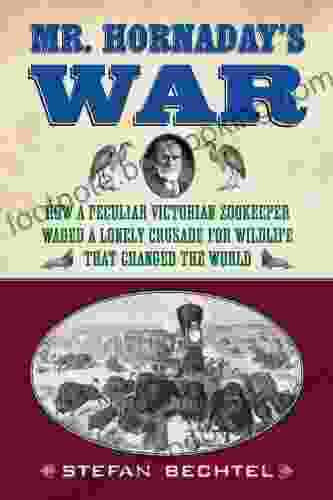
 Howard Blair
Howard BlairHow a Peculiar Victorian Zookeeper Waged a Lonely Crusade...
In the enigmatic world of Victorian...
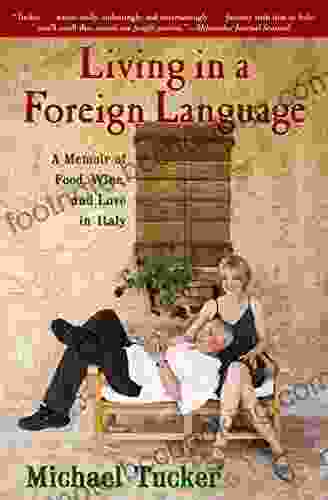
 Harold Powell
Harold PowellMemoir of Food, Wine, and Love in Italy: A Culinary...
Prepare your senses...
4.8 out of 5
| Language | : | English |
| File size | : | 278 KB |
| Text-to-Speech | : | Enabled |
| Screen Reader | : | Supported |
| Enhanced typesetting | : | Enabled |
| Word Wise | : | Enabled |
| Print length | : | 34 pages |
| Lending | : | Enabled |


